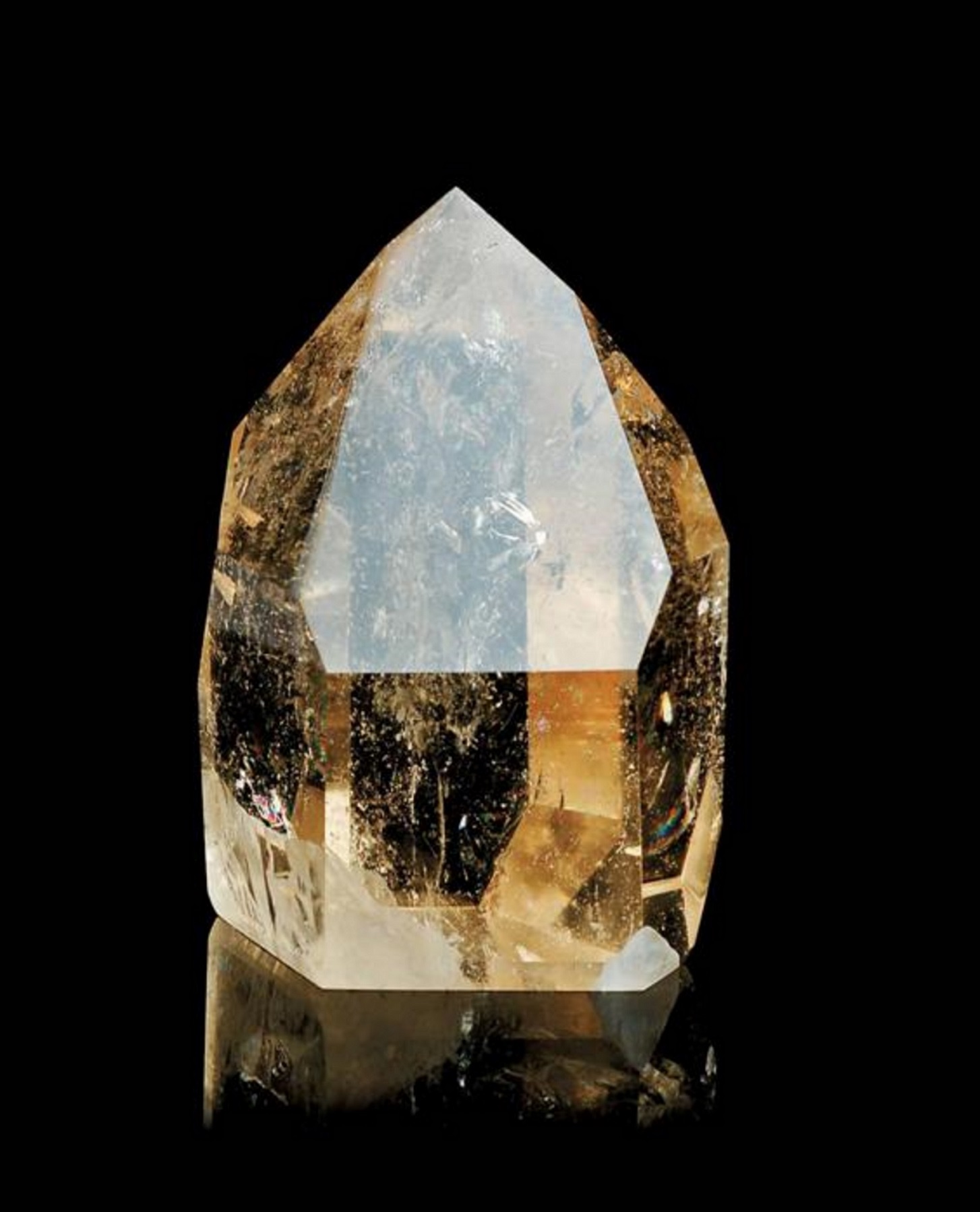Citrine, commonly known as the “merchant’s stone” among the public, is a member of the expansive quartz family of stones.
What Are the Characteristics of Citrine?
- The color palette of citrine is vast, covering a spectrum from yellow to brownish tones.
- It is primarily found in nature in shades of yellow.
- Aside from being called the merchant’s stone, citrine is also known as lemon quartz due to its common yellow color.
- Citrine obtains its color from the accumulation of rainwater within its inner layers.
- It is resistant to impacts and pressure, making it one of the harder stones in existence.
- In ancient times, people believed the water contained in citrine had healing properties, using it to treat the sick.
- The earliest recorded mentions of citrine date back to the 1st century in documents belonging to the Greeks and Romans, where it was a prized possession, especially among women for use in accessories. Its importance persists today, with citrine still favored in jewelry making, particularly in necklaces.
- Citrine was considered so valuable in ancient times that those who discovered or traded it became wealthy. This has also led to it being known as the luck or success stone. To this day, its use is preferred on bags and wallets.
- The extraction of citrine spans across multiple countries, including Brazil, the United States, Madagascar, Russia, and India, with the most significant reserves found in Brazil.
- Citrine is often confused with topaz, hence caution is advised to prevent mix-ups when purchasing citrine products.
- Today, citrine is commonly used in the jewelry industry for making earrings and bracelets.
- Many citrine products sold today do not use real citrine. Synthetic citrine is produced by applying high heat to quartz stones, typically using amethyst or smoky quartz.
- The chemical components and minerals within citrine have various beneficial effects on human health. Its composition includes silicon dioxide, aluminum, iron, calcium, lithium, sodium, magnesium, and silicate elements.
- Like many natural stones, citrine positively affects certain chakra points in the body, particularly the lower abdomen chakra and the solar plexus chakra.
What Are the Benefits of Citrine?
- Citrine facilitates the transformation of negative energy into positive energy within the body.
- It helps individuals quickly overcome addictions to tobacco, alcohol, and drugs.
- It prevents loss of function in organs, having especially positive effects on heart and kidney health.
What is the Meaning of Citrine?
The meaning of citrine stems etymologically all the way back to Greek, derived from the word citron, which means lemon, owing to its color.
How to Determine if Citrine is Genuine?
To authenticate citrine, hold the stone close to a flame; if it’s artificial, the paint will start to run.
How is Citrine Cleansed?
Cleansing citrine is similar to other stones in the quartz family and can be done by burying it underground.
